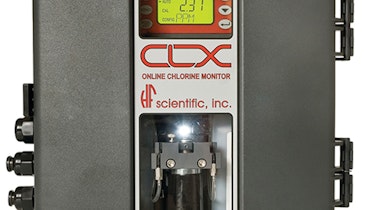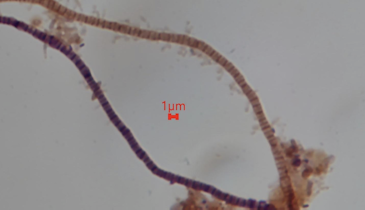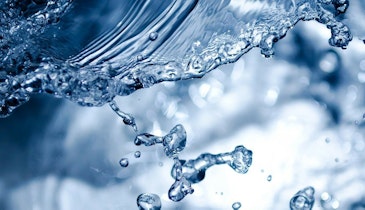
Abigail Foust had done everything from working as a janitor to selling fly fishing waders. She even worked for three years in the oil industry in North Dakota. But when the oil boom in the region tanked, Foust, a Florida native with a geology degree, found herself...




